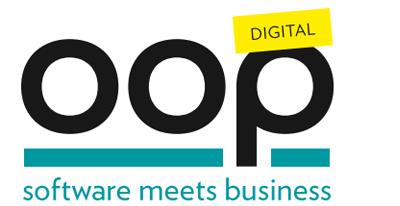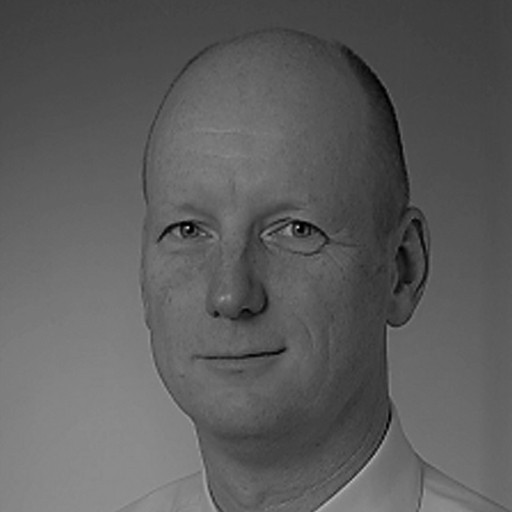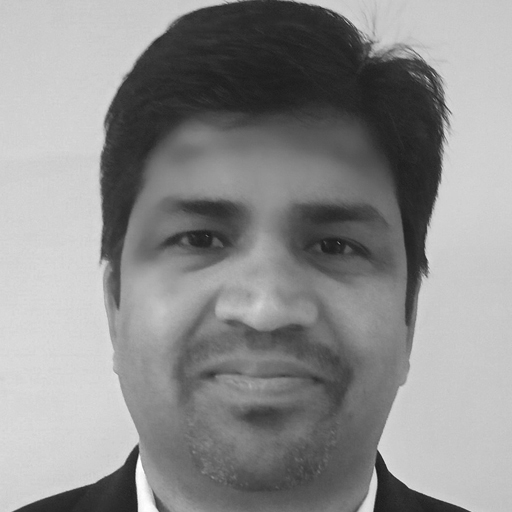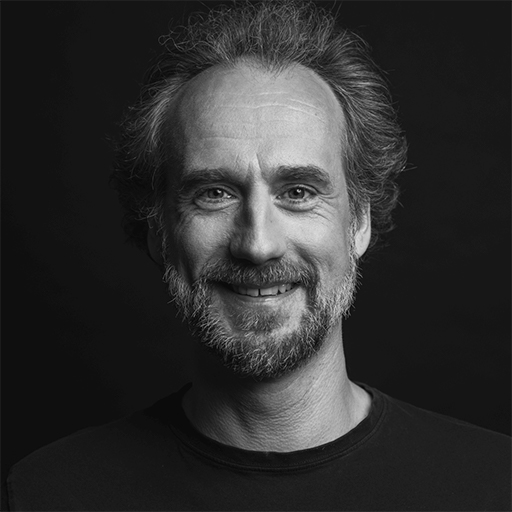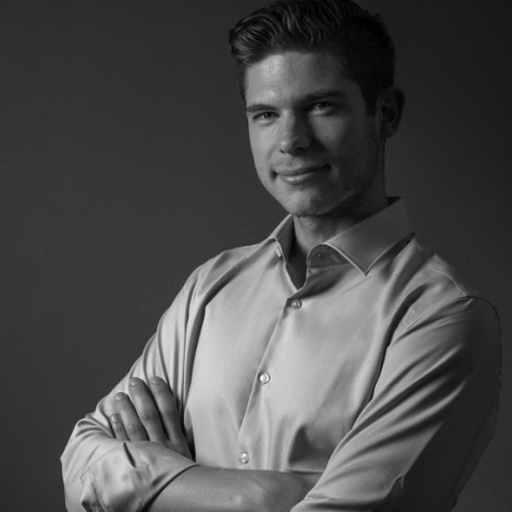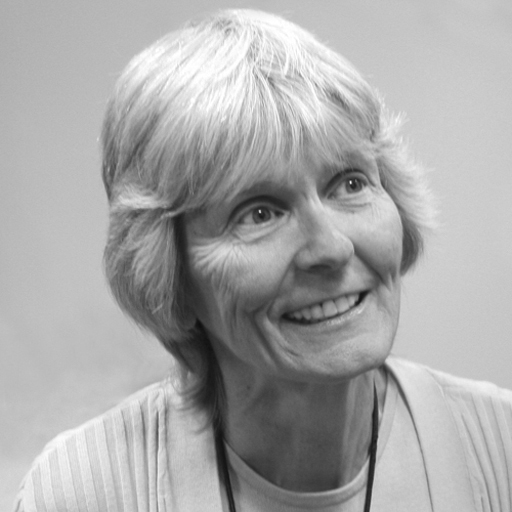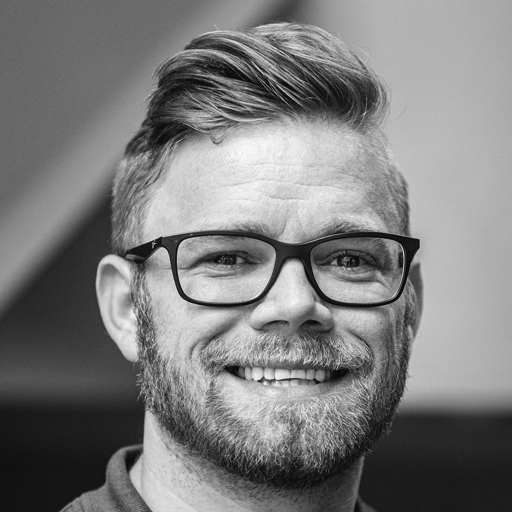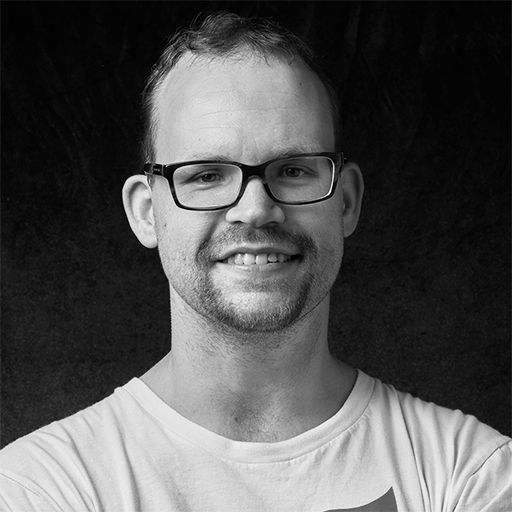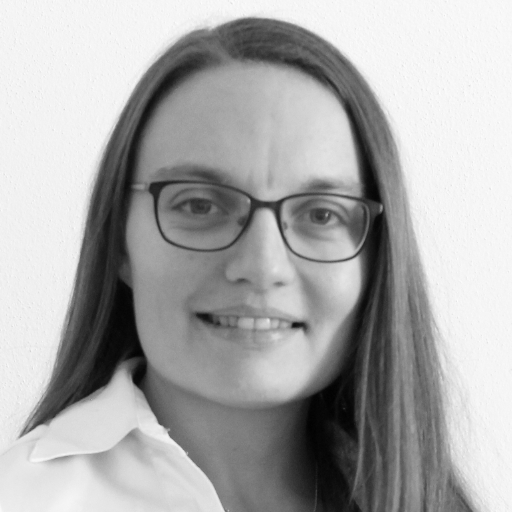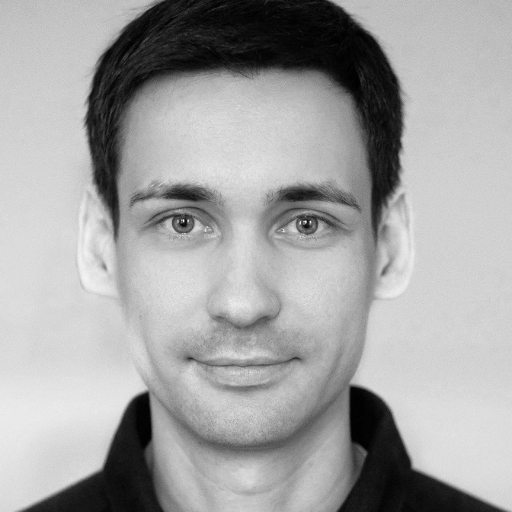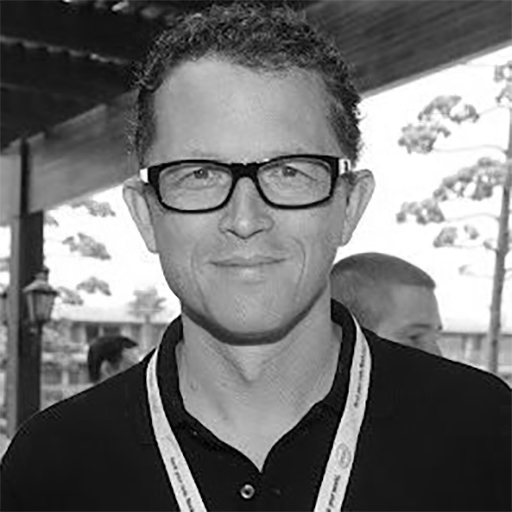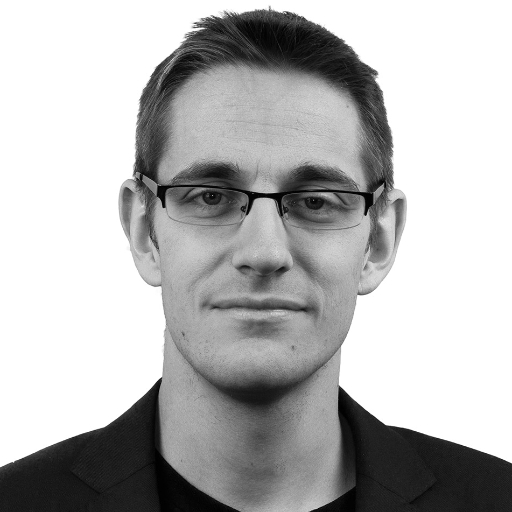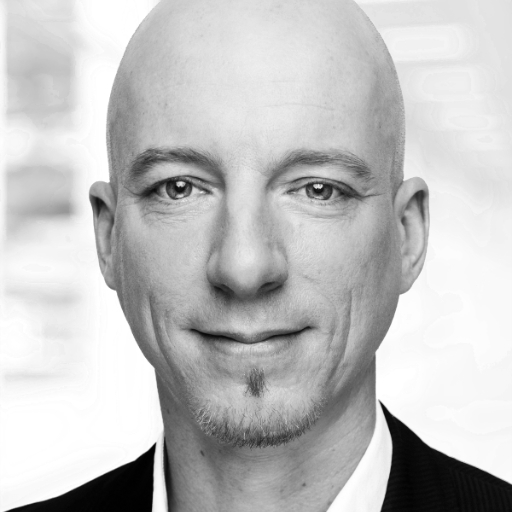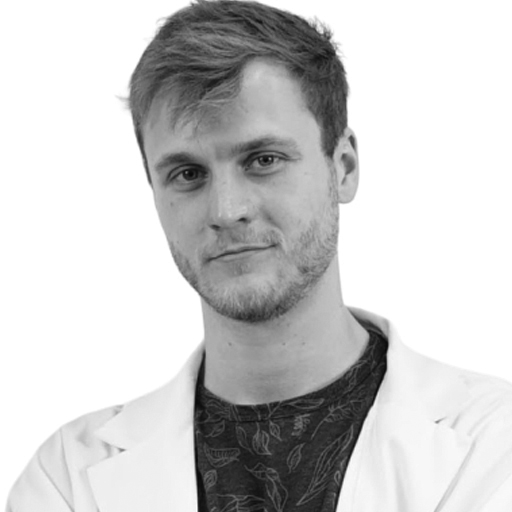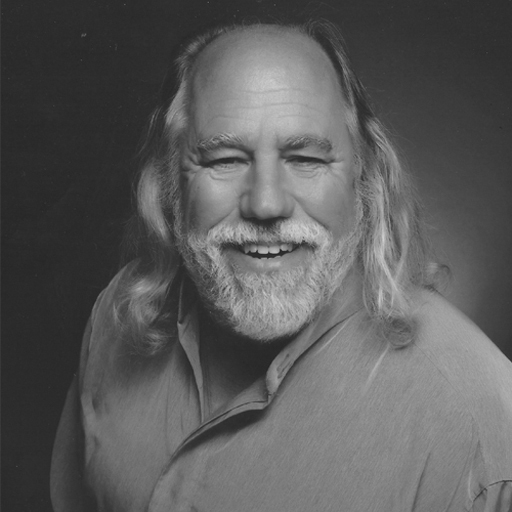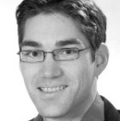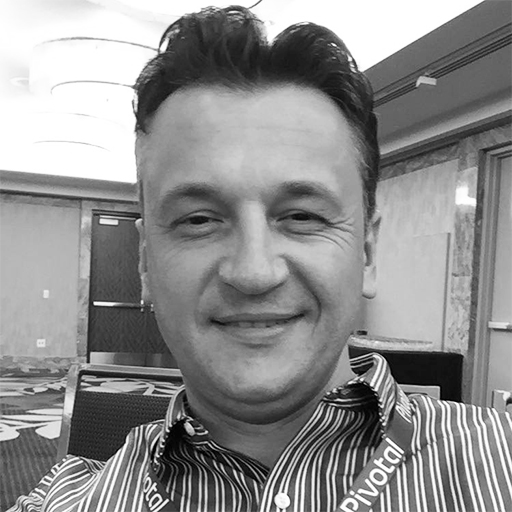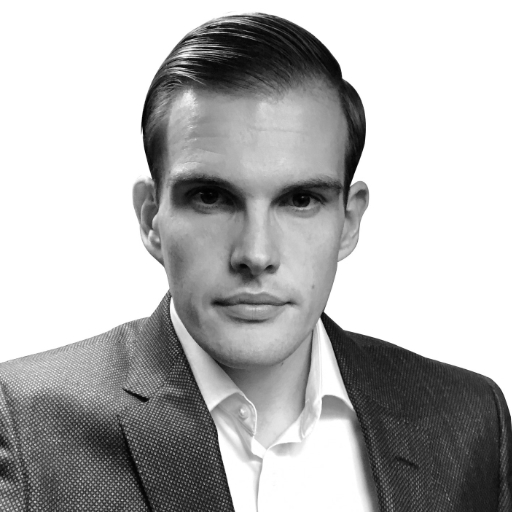- Deutsch
- Contact
- Newsletter

OOP Fachforen
Please note:
On this site, there is only displayed the English speaking sessions of the OOP 2021 Fachforen. You can find all sessions, including the German speaking ones, here.
The times given in the conference program of OOP 2021 Fachforen correspond to Central European Time (CET).
OOP Fachforen
- Dienstag
09.02. - Mittwoch
10.02. - Donnerstag
11.02.
The growth of Kafka inside an organization sometimes follows the development of the broader Kafka ecosystem over its lifetime. The initial use case may be something conceptually simple, like mainframe offload or point-to-point integration, evoking the simple Large Pipe architectures of Kafka’s infancy. Then those newly populated streams of events present themselves as fertile grounds for real-time analytics, as stream processing applications grow up around them to perform analysis event-by-event, leaving behind legacy ETL processes and their long batch times. Finally, a rich set of event streams gradually comes to describe more and more of the evolving state of the business, forming the substrate on which an ecosystem of event-driven microservices can thrive.This growth in architectural sophistication of an organization’s Kafka usage mirrors the development of those same concepts in the Kafka community over the past decade. In many cases, the process can be played forward at an accelerated rate as leaders draw on lessons learned and concepts developed by the community. This talk traces this development, ending with a comprehensive vision of an event-driven architecture suitable for the next generation of information technology deployments. You’ll leave knowing where you need to go and how this new architectural paradigm will help you get there.
Senior Director of Developer Experience
Securing Kafka at scale for multiple tenants is complex and doing it wrong could cost thousands of euros per minute in downtime and increases the risk of data breaches. The more data and applications a platform can access, the more protection is needed to keep that data safe. How to make Event Streaming secure for multiple tenants? Join our talk to explore new capabilities that protect event data from threats and vulnerabilities across the entire Kafka ecosystem. Our session will be about Confluent Kafka as a secure internal multi-tenant service. The presenters will explore two aspects: Ralf Nellessen will show goals and implementation characteristics of End-to-End Encryption. Ramesh Jogula will demonstrate how Kafka Connect can be run using GitOps as part of a service. The following questions will structure the discussion: How did we include additional features like Large Message Handling and End-to-End Encryption in our Kafka implementation? How do we practically configure Kafka Connect for GitOps deployments?
Target Audience: IT-Projektmanager, Software-Architekten, Software-Entwickler, Business Development, Produktmanager
Level: Advanced
Head of Center of Excellence IT Security
Senior Integration Architect
Ops tooling has so far been the domain of shell scripts, interpreted languages like Python or statically compile languages like Go. But with the advent of GraalVM this situation has changed significantly. But behold: it is now possible to apply the power of the Java language and its ecosystem to your DevOps tooling problems and yet get optimal performance and efficiency by using GraalVM native images. In this session we will show that versatile 12-factor CLIs and powerful Kubernetes operators can be implemented in Java super easy in no time.
Target Audience:Software Architects, Software Developer
Level: Advanced
Principal Software Architect
Mario-Leander Reimer ist passionierter Entwickler, stolzer Vater und #CloudNativeNerd. Er arbeitet als Principal Software Architect bei der QAware GmbH und beschäftigt sich intensiv mit den Innovationen und Technologien rund um den Cloud Native Stack und deren Einsatzmöglichkeiten im Unternehmensumfeld. Außerdem unterrichtet er Software-Qualitätssicherung an der TH Rosenheim.
Mehr Inhalte dieses Speakers? Schaut doch mal bei sigs.de vorbei: https://www.sigs.de/autor/Mario_Leander_Reimer
From personalised instantaneous marketing campaigns to reacting to user interactions, Real-Time is the key to open up a world of use cases that batch and scheduled processing cannot efficiently satisfy. In this talk, we are going to observe the natural journey companies undertake to become real-time, the possibilities it opens for them, and the challenges they will face. We will see it’s not just about setting up Kafka, but about how you approach the journey to become event-driven.
Target Audience: Software-Architekten, IT-Projektmanager, Produktmanager, Business Development
Level: Advanced
Manager and Architect
Sergio Spinatelli works as a Manager and Architect for the Event Driven and Streaming Applications Business Unit at Data Reply. With experiences in major industries (Automotive, Retail, Media, Banking) and with state of the art Big Data technologies, he focuses on Stream Processing, Real-Time Analytics, Microservice Architectures and Cloud.
Manager and Architect
Alex Piermatteo works as a Manager and Architect for the Event Driven and Streaming Applications Business Unit at Data Reply. Alex is regular speaker at conferences and his main area of expertise lies within the fields of Stream Processing, Big Data Integration & Analytics, Cloud, Microservices and DevOps.
In speaking about better ways of thinking and problem-solving, Linda has introduced Jonathan Haidt's model for the brain. He proposes that the rational, conscious mind is like the rider of an elephant (the emotional, unconscious mind) who directs the animal to follow a path. In Fearless Change, the pattern Easier Path recommends making life easier to encourage reluctant individuals to adopt a new idea. Linda suggests that in conversations with others who see the world differently, we "talk to the elephant" instead of the "rider." That is, don't use logic or facts, but appeal to the emotional brain of the resistor as well as making the path more attractive. There is always the question: What's the best way to talk to the elephant? This presentation will provide some answers. Listeners will learn the best elephant-speak based on the latest research in cognitive neuroscience and also hear suggestions for providing an Easier Path.
Not too long ago, a reactive variant of the JDBC API was released, known as Reactive Relational Database Connectivity (R2DBC). While R2DBC started as an experiment to enable integration of SQL databases into systems that use reactive programming models, it now specifies a robust specification that can be implemented to manage data in a fully reactive and completely non-blocking fashion. In this session, we’ll briefly go over the fundamentals that make R2DBC so powerful. We'll keep light on the slides so that we can jump directly into application code to get a firsthand look at the recently released R2DBC driver from MariaDB. From there, we'll examine how you can take advantage of crucial concepts, like event-driven behavior and backpressure, that enable fully reactive, non-blocking interactions with a relational database. Join Rob Hedgpeth, MariaDB's developer evangelist, as he:
• Introduces MariaDB Connector/R2DBC
• Examines the advantages of fully reactive, non-blocking development with MariaDB
• Provides a firsthand look at what it’s like to use the new connector with some live coding
Developer Evangelist
“It is not necessary to change. Survival is not mandatory.” -W. Edwards Deming Work takes time to flow through an organization and ultimately be deployed to production where it captures value. It’s critical to reduce time-to-production. Software - for many organizations and industries - is a competitive advantage. Organizations break their larger software ambitions into smaller, independently deployable, feature -centric batches of work - microservices. In order to reduce the round-trip between stations of work, organizations collapse or consolidate as much of them as possible and automate the rest; developers and operations beget “devops,” cloud-based services and platforms automate operations work and break down the need for ITIL tickets and change management boards. But velocity, for velocity’s sake, is dangerous. Microservices invite architectural complexity that few are prepared to address. In this talk, we’ll look at how high performance organizations like Ticketmaster, Alibaba, and Netflix make short work of that complexity with Spring Boot and Spring Cloud.
Spring Developer Advocate
Vortrag: SD Intel 1.1
Zeit: 09:30 - 10:30
We will show you how Intel's oneAPI AI Analytics Toolkit and distributed hardware architecture made such a feat possible.
Vortrag: SD Intel 1.2
Zeit: 10:45 - 11:45
See by yourself how OpenVINO makes rolling out optimized Deep Learning Inference projects at the Edge on any platform fast and easy. Try it by yourself after this live demo on the Intel DevCloud for the Edge.
Computer Vision Engineer
Vortrag: SD Intel 1.3
Zeit: 13:15 - 14:15
From "Hello World" to offloading on high-performance devices, with an overview of SYCL and OpenMP 5.
Senior Software Engineer
Vortrag: SD Intel 1.4
Zeit: 14:30 - 15:30
See how data intense applications can be migrated from CUDA to Data Parallel C++ without the hard work using the new Compatibility tool in Intel oneAPI.
Senior Software Engineer
For this keynote, Intel Software and TNG Technology Consulting go on a journey to some amazing innovations in Artificial Intelligence. Starting with the concept of Intel® oneAPI and introducing software development tools enabling a multi-architecture future, the keynote will travel in real-time to the AI Labs of TNG in Munich where Thomas Endres, Martin Förtsch and Jonas Mayer will take the audience on an exciting Live Innovation Hacking Tour showcasing the latest capabilities of AI at the edge.
Business Development Manager
Ralph de Wargny ist Business Development Manager für die Intel Software & Services Group, verantwortlich für die Region Zentral- und Süd-Europa sowie Mittleren Osten und Afrika. Er berät Software- und Industrie- Unternehmen zu den Themen Softwareentwicklung, Optimierung, Parallele Programmierung, Werkzeuge und Methoden. Er hat über 10 Jahre internationale Erfahrung in der IT-Industrie in Firmen wie Intel, Tech Mahindra aus Indien, Business Objects und Compaq Computer.
Partner
Thomas Endres arbeitet in der Rolle eines Partners als IT-Consultant für TNG Technology Consulting in München. Mit dem TNG-Innovation-Hacking-Team entwickelt er verschiedene Prototypen – darunter ein Telepräsenz-Robotik-System, verschiedene KI-Prototypen und AR/VR-Showcases. Als Intel Software Innovator und Black Belt präsentiert er weltweit neue Technologien wie KI, AR/VR und Robotik. Dafür erhielt er unter anderem einen JavaOne Rockstar-Award.
Mehr Inhalte dieses Speakers? Schaut doch mal bei sigs.de vorbei: https://www.sigs.de/experten/thomas-endres/
Principal Consultant
Martin Förtsch studied computer sciences and works as an IT consultant for TNG Technology Consulting GmbH. In addition to the focus on agile software development in Java, he is familiar with the development of innovative showcases. As JavaOne Rockstar, Intel Software Innovator and Black Belt, he develops showcases with a focus on artificial intelligence, IoT, AR and VR.
Mehr Inhalte dieses Speakers? Schaut doch mal bei sigs.de vorbei: https://www.sigs.de/experten/martin-foertsch/
Software Consultant
Jonas Mayer arbeitet im Innovation Hacking Team der TNG Technology Consulting und beschäftigt sich dort hauptsächlich mit der Entwicklung von innovativen Showcases und Prototypen in Soft- und Hardware. So arbeitete er seit 2018 an verschiedensten Projekten, wie zum Beispiel Deepfakes, Mixed Reality KI-Kunstwerken und autonom fliegenden Minidrohnen.
Over the history of software systems, the way we build such artifacts, the way we design them, the way we express them have evolved in seemingly disruptive ways. Even today, the pendulum swings between low ceremony agile methods to more rigid waterfall-ish ones; from big balls of mud to microservices and then back to big balls of microservices. In this talk, we'll examine the past, the present, and the future of software architecture: the role it plays in software systems, and the timeless fundamentals that remain across the fullness of time.
Chief Scientist for Software Engineering
Vortrag: WS Intel 1.1
Zeit: 09:30 - 11:00
The Intel® oneAPI Base Toolkit is a core set of tools and libraries for developing high-performance, data-centric applications across diverse architectures. It features an industry-leading C++ compiler and the Data Parallel C++ (DPC++) language, an evolution of C++ for heterogeneous computing.In this session we show how write and run C++ and DPC++ code, with an emphasis on the practical aspects of using the oneAPI toolkits. Included in the session are examples of how to use the Intel® DevCloud, a free development sandbox with access to the latest hardware from Intel and Intel oneAPI software. We show how to build run and profile a number of oneAPI applications using the latest tools from Intel.
Technical Director
Vortrag: WS Intel 1.2
Zeit: 11:15 - 12:45
The Intel® AI Analytics Toolkit, which is powered by oneAPI technology, gives
data scientists, AI developers, and researchers familiar Python tools and
frameworks to accelerate end-to-end data science and analytics pipelines on
Intel® architectures.
In this session we show how to harness the power of the Intel AI Analytics
Toolkit, including the Intel optimised version of Python and Tensorflow by
using them in a biomedical image segmentation project. Finally, we demonstrate
data parallel training using TensorFlow and Horovod which can be used for
large scale training of deep neural networks across multiple compute nodes.
Is solid application architecture running on the cloud enough to succeed on your Cloud-Native journey? What are other important aspects of Cloud-Native initiative that are often been overlooked and play an equally important role in your Digital Transformation Journey? Join us to learn more about how to put it all together and how developers can work better with business and operations. We will go over end to end story, from an idea to a running code in production, and cover how you can improve time to market, stability, scalability, security, and savings.
Solution Engineer
Continuous delivery is everywhere. Well, not quite! Many teams still fail to continuously deliver well tested and stable product increments to production. Usually with the same old excuse: these high-level tests are too laborious and expensive to implement. But the opposite could be the case! This session will highlight the challenges and importance of early (non-)functional testing for cloud-native applications. Then, we will show how easy it is to implement continuous performance, security and acceptance tests for microservices based on K8s.
Target Audience: Software-Architekten, Software-Entwickler
Level: Advanced
Principal Software Architect
Mario-Leander Reimer ist passionierter Entwickler, stolzer Vater und #CloudNativeNerd. Er arbeitet als Principal Software Architect bei der QAware GmbH und beschäftigt sich intensiv mit den Innovationen und Technologien rund um den Cloud Native Stack und deren Einsatzmöglichkeiten im Unternehmensumfeld. Außerdem unterrichtet er Software-Qualitätssicherung an der TH Rosenheim.
Mehr Inhalte dieses Speakers? Schaut doch mal bei sigs.de vorbei: https://www.sigs.de/autor/Mario_Leander_Reimer
In this talk, you'll find out what Conway's law is and how it relates to both organizational and software architecture. You'll also learn how to get started with software that scales and then do an inverse Conway to get an organizational structure that scales with it. The talk will use the Kubernetes project as a concrete example.
Senior DevOps Consultant
Sustainability is often defined as the interconnection of: social connection, economic wellbeing, and a healthy environment. The recent corona pandemic has yet again highlighted the potential as well as the necessity of a fundamental technology: the internet. However, to be sustainable, the internet also needs to assess, mitigate, and live up to its responsibilities for a healthy environment – an element of the equation that is too often neglected. What is the internet’s environmental impact and what would it take for it to be sustainable?
Extended Abstract:
Sustainability is often defined as the interconnection of three elements: social connection, economic wellbeing, and a healthy environment. The recent corona pandemic has yet again highlighted the potential as well as the necessity of a fundamental technology: the internet. The internet has become the lifeline for social connection in times of physical distancing. It is also the primary means by which to still conduct business for those of us that are not on the essential frontlines, in terms of working remotely, providing online services, and monetization, hence being a critical vehicle to safeguard some economic wellbeing. However, to be sustainable, the internet also needs to assess, mitigate, and live up to its responsibilities for a healthy environment – an element of the equation that is too often neglected. What is the internet’s environmental impact and what would it take for it to be sustainable?
As companies have moved their workloads to the cloud, we've seen a growth in the use of cloud-native architectures, particularly microservices. Microservice-based architectures help improve scalability and velocity but implementing them can pose challenges. In this session, you will learn how Spring Cloud helps you mitigate these!
Solutions Engineer
Timo Salm is based out of Stuttgart in southwest Germany and in the role of the first VMware Tanzu Solutions Engineer for Developer Experience in EMEA with a focus on VMware Tanzu Application Platform and commercial Spring products. In this role, he’s responsible for educating customers on the value, vision, and strategy of these products, and ensuring that they succeed by working closely on different levels of abstractions of modern applications and modern infrastructure.
Before Timo joined Pivotal and VMware, he worked for more than seven years for consulting firms in the automotive industry as a software architect and full-stack developer on projects for customer-facing products.
